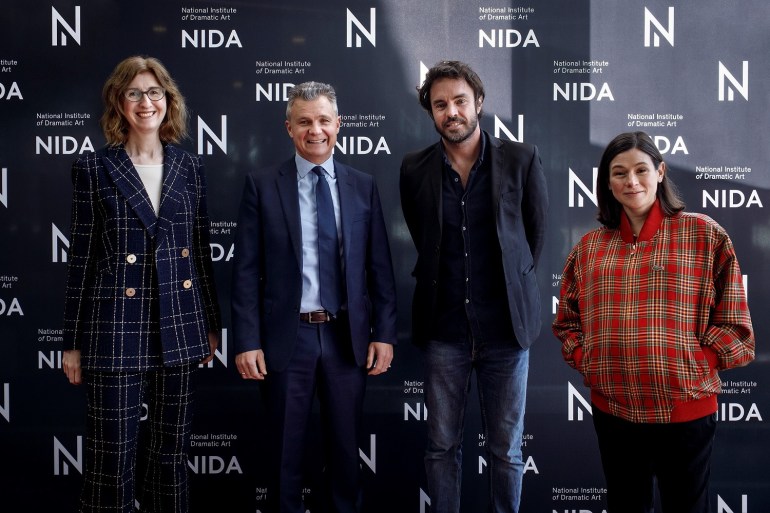The National Institute of Dramatic Art (NIDA) has outlined a new sustainability strategy with the goal of becoming a fully regenerative and climate-positive organisation by 2030, and aims to teach its students sustainability skills and practices they can take into their future workplaces.
NIDA Green draws on the evidence-based work of the Institute for Sustainable Futures (UTS), including best practices in sustainability solutions, as well as consultation with NIDA staff and students, industry practitioners, and international partners.
The resulting roadmap identifies measurable green outcomes across NIDA’s curriculum, student productions, building infrastructure, and operations.
NIDA CEO Liz Hughes said the institution was committed to providing the next generation of creatives with sustainability skills and practices that were future-focused.
“As part of NIDA Green, we will create an environmentally conscious community that harnesses the input of people who want to make a difference,” she said.
“Our plan sees sustainability becoming a core part of NIDA’s education and we will change the way we create and produce creative works at NIDA to lead and cultivate green industry practice.”
What can be achieved through sustainability was explored earlier this year by NIDA alum Damon Gameau, whose documentary short Regenerating Australia imagines a period when Australia transitioned to a cleaner, more community-focused economy via a news bulletin taking place on New Year’s Eve 2029.
Gameau, who is NIDA’s inaugural green ambassador, said no industry was immune to the climate crisis.
“Given the large reach and influence that artists can have, there is a unique opportunity for NIDA to lead the charge for more meaningful action,” he said.
“Indeed, art has always played an important role in any significant cultural change.”
Gameau was joined at the launch by fellow NIDA alum and founding director of the Hi Neighbour renewable energy community organisation, Yael Stone, who said imagination and creativity were pivotal in taking positive action on climate change – two things that “NIDA has in spades”.
“I am cheering on their intro into the sustainability space,” she said.
“I know they will inspire and inform our next generation of creative leaders – pushing the needle on thought and action.”
Other NIDA alumni to voice their supported included Cate Blanchett, who said the institution was “ahead of the pack”.
“NIDA Green is a pioneer curriculum-based program that aims to have every graduate leave with a comprehensive understanding of the ‘why’ of sustainability and a tool kit to make the ‘how’ possible,” she said.
“With this understanding, sustainability will be business as usual across all practices.”
Student Scott Cleggett, who is completing his third year of studies in NIDA’s Technical Theatre and Stage Management Bachelor of Fine Arts and is also a member of the NIDA Green Team, said his classmates and peers were already mindful of their creative footprint.
“We know that we can lead an industry capable of change while maintaining high standards of theatre making,” he said.
“And we’re proud that NIDA also believes in this and can support our learning by investing in our practice and our leadership.”


